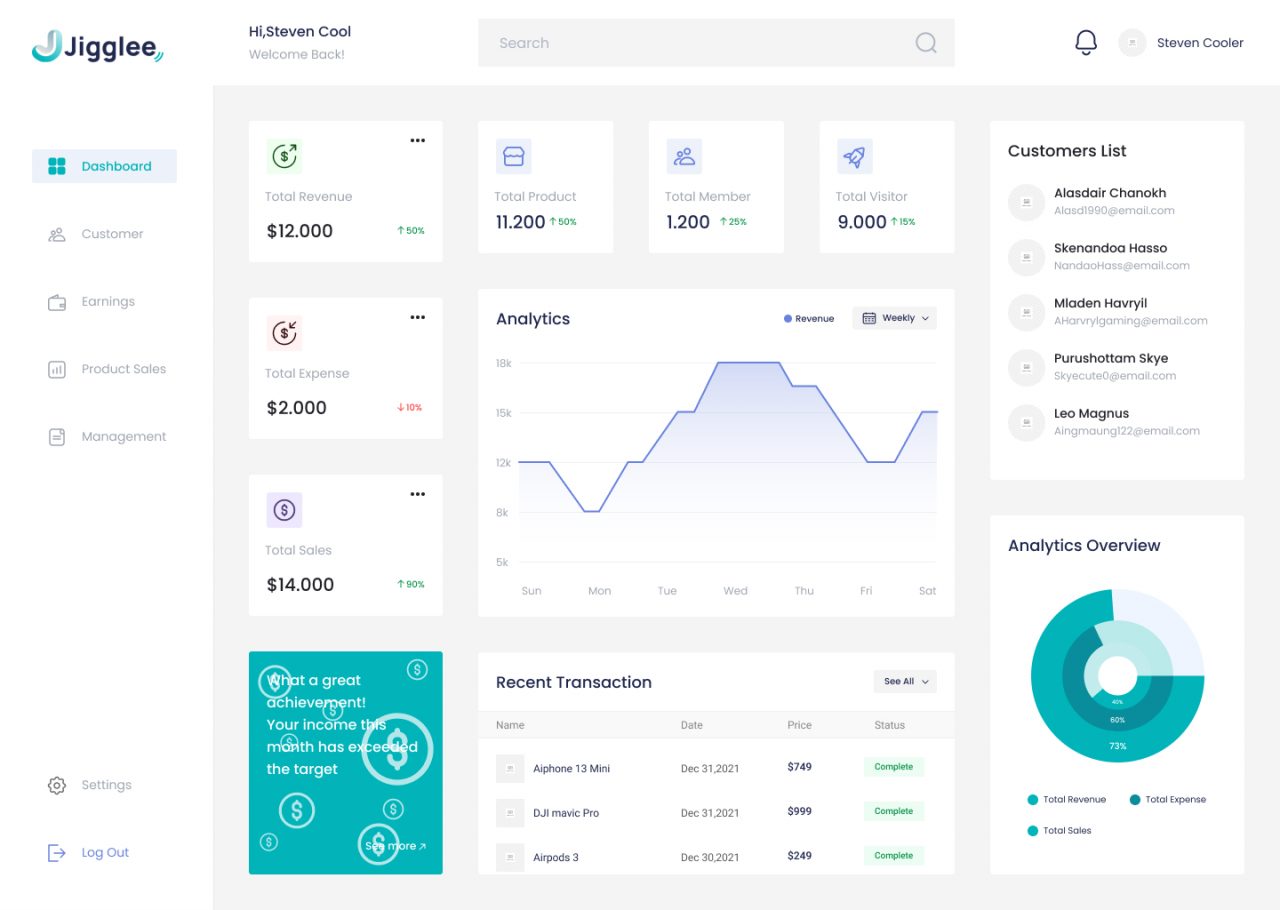Keyword Research Vetting Strategies Implementation
Explore your keyword universe for opportunities to growth hack.

How Does Keyword Research work?
Keyword research in SEO is figuring out what words people type into search engines when looking for things tied to your website. It helps you understand what folks are looking for, and you can use that info to improve your website’s ranking on search engine result pages. Here’s how it works:
- Know Your Audience: Start by knowing who you’re trying to reach and what they need.
- Start with Seed Keywords: They’re short, broad terms tied to your business. If you’re a CPA firm, seed keywords could be “virtual bookkeeping,” “tax preparation,” and so on.
- Use Keyword Tools: Use tools to find more keywords.
- Check Out Competitors: Look at what keywords your competitors use.
- Find Long-Tail Keywords: These are longer, specific phrases that people don’t search for as much, but they’re usually easier to rank for because they’re so specific.
- Look at Search Volume and Competition: See how often people search for your keywords and how many other sites are trying to rank for them.
- Relevance and Intent: Make sure your keywords fit with your content and match what users want to find.
- Group Keywords: This helps you make content focused on certain topics, which can help you rank for related searches.
- Keep an Eye on Trends: Watch for what’s popular or becoming popular.
- Keep It Fresh: Keyword research never ends. Keep updating your list based on changes in your business, your industry, and what’s trending in search.
Elevate Your Rankings with a Well-Structured Keyword Research Plan
Unlike most SEO agencies that offer disorganized and amateur keyword research, Iguana Sage delivers a detailed, professional service. We avoid the common mistake of unclear data and false leads. Instead, we offer you the chance to steer clear of wrong contexts and false connections, giving you a better view of your choices.
You can easily sort our data to align with your preferred strategy. Our keyword research acts as your roadmap to your niche, taking into account factors like Local SEO. We’re experts at elevating any business’s search visibility through white label SEO best practices – and trust us, they do work.


Keyword Research Services
We know that comprehensive research, from competitive keyword volumes to Analytics search term reports, sets the foundation for a successful and profitable search campaign.
Our Keyword Research Services:
- National and local niche keywords
- Identifying missing keywords
- Total keyword universe mapping
- Youtube keyword research
- LSIs & Semantically related terms
How to research keywords on Google?
Here’s how you can find high-quality keywords for free:
- Google Keyword Planner: A free keyword research tool by Google.
- Answer the Public: Generates a list of questions related to your target keyword.
- Google Search: Type your target keyword and check related terms in search results.
Here’s some advice for finding keywords:
- Diversify your sources: Don’t just stick to one source. Use different ones to find a wide range of related terms.
- Search for synonyms: LSI keywords don’t have to be exact synonyms of your target keyword, but they should be similar.
- Keep it relevant: Make sure your LSI keywords are related to your content’s topic. Don’t just randomly include them.
- Avoid keyword stuffing: Use a keyword density tool to figure out the right number of LSI keywords. Overdoing it can hurt your SEO.
Once you’ve found good keywords, use them in your content – titles, headers, body text, and internal links. This helps search engines understand your content better, possibly improving your ranking.

FAQs: Keyword Research
LSI keywords, specific to content topics like “immunologist” or “asthma doctor,” differ from semantically related keywords, such as “medical professional” or “healthcare specialist,” which are broader but linked to the content’s subject, like “allergists.” LSI words help search engines grasp content topics, possibly enhancing rankings, while semantically related keywords broaden content appeal. Utilizing both types boosts content quality and reaches the right audience.
Long-tail keywords are special phrases that are very specific. They are longer than usual keywords and are great for SEO. These keywords help you connect with people who are ready to buy or find something very specific. They are less common, so there’s less competition, which means your website can show up higher in search results. Using long-tail keywords is smart because they match exactly what someone is searching for. This makes it more likely for them to visit your site and take action, like buying something. They are perfect for voice searches and specific questions. So, if you want more visitors who are ready to buy, focus on using long-tail keywords in your SEO strategy.
Keyword intent is knowing why people search for things online. It helps make better content for people who visit your website, which can lead to more people buying things. There are four main reasons people search: to buy, to find a place, to do something, or to learn. If you know this, you can make ads and web pages that match what they want, making them more likely to buy. Making your website better for shoppers is key. This means making sure your site is easy to use, your ads are clear, and your web pages are just what people are looking for. Also, writing good articles can help more people find your website. When you do all this, more people might buy from your website.
To find hot topics on YouTube, check out the “Trending” tab on its homepage. This shows you the popular videos in your area. You can also use YouTube Analytics to see what your viewers like. Another great tool is Google Trends, where you can search for keywords and see how popular they are. If you’re on social media like Twitter or TikTok, look for trending hashtags and topics. These often become popular on YouTube too. You can also use tools like Social Blade and TubeBuddy. They give you data and ideas for your YouTube videos.
If you want help creating or reviewing your PayPerClick (PPC) and organic keyword lists, contact us now for expert guidance.

